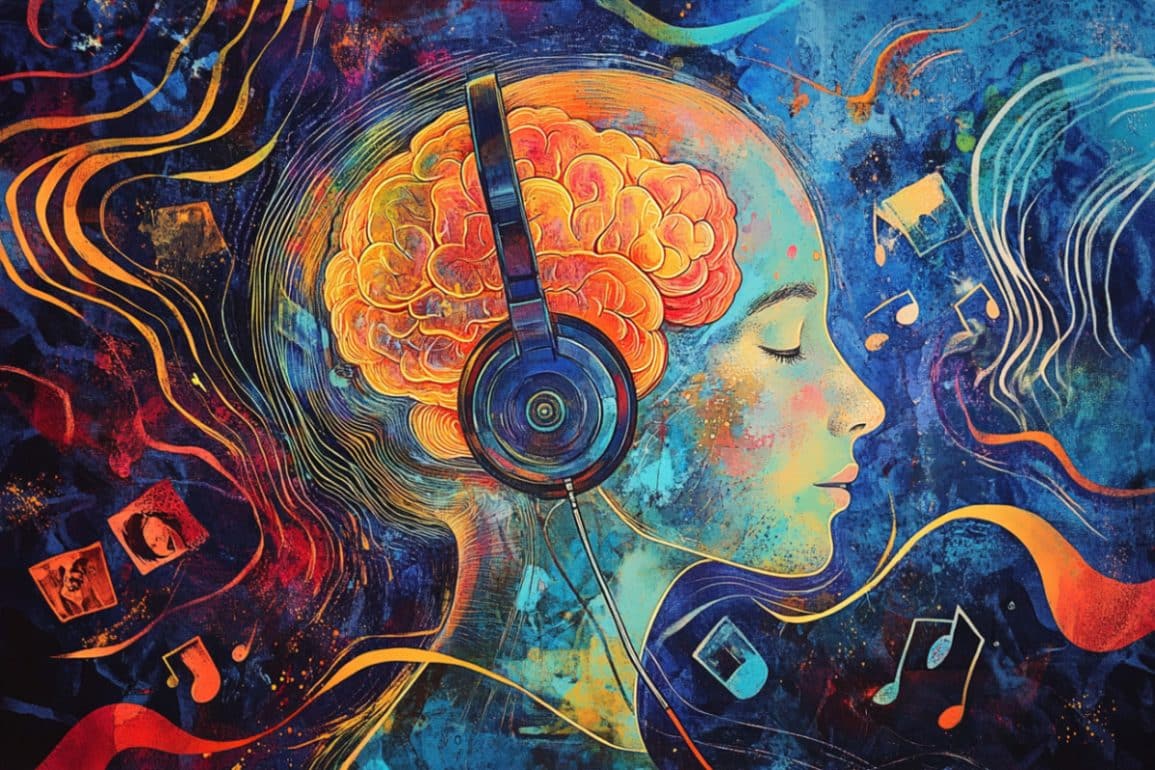- Vitamin B1 Derivative Sparks Dopamine, Boosts Wakefulness
 Thiamine derivatives, once developed to treat nutrient deficiencies, are now being explored for their potential effects on brain function and energy. A new study shows that TTFD, a thiamine derivative, increases dopamine in the brain’s medial prefrontal cortex, leading to enhanced arousal and physical activity in rats.
Thiamine derivatives, once developed to treat nutrient deficiencies, are now being explored for their potential effects on brain function and energy. A new study shows that TTFD, a thiamine derivative, increases dopamine in the brain’s medial prefrontal cortex, leading to enhanced arousal and physical activity in rats. - Light Exercise Boosts Memory via Dopamine and Noradrenaline
 New research reveals that even light exercise, like jogging or yoga, activates key neurotransmitter systems that enhance memory by stimulating the hippocampus. In a rat model mimicking human exercise, scientists found that dopamine and noradrenaline levels increased in the hippocampus during low-intensity activity.
New research reveals that even light exercise, like jogging or yoga, activates key neurotransmitter systems that enhance memory by stimulating the hippocampus. In a rat model mimicking human exercise, scientists found that dopamine and noradrenaline levels increased in the hippocampus during low-intensity activity. - How Music Can Emotionally Reshape Your Memories
 A new neuroscience study reveals that music can alter the emotional content of our memories when played during recollection. Participants who listened to emotionally charged music while recalling neutral stories later remembered those stories with emotional tones matching the music.
A new neuroscience study reveals that music can alter the emotional content of our memories when played during recollection. Participants who listened to emotionally charged music while recalling neutral stories later remembered those stories with emotional tones matching the music. - Sitting for Hours May Shrink the Brain
 Prolonged sedentary behavior in adults over 50 is linked to cognitive decline and brain shrinkage in regions vulnerable to Alzheimer’s disease. Even among those who exercise regularly, spending more time sitting was associated with worse cognitive outcomes.
Prolonged sedentary behavior in adults over 50 is linked to cognitive decline and brain shrinkage in regions vulnerable to Alzheimer’s disease. Even among those who exercise regularly, spending more time sitting was associated with worse cognitive outcomes. - Type 2 Diabetes Linked to Brain Thinning
 A new study reveals that type 2 diabetes is associated with thinning of the brain’s cortex in older adults, particularly in regions responsible for memory and cognition. Using brain scans from a diverse population sample, researchers found that poor blood sugar control may contribute to this structural brain change.
A new study reveals that type 2 diabetes is associated with thinning of the brain’s cortex in older adults, particularly in regions responsible for memory and cognition. Using brain scans from a diverse population sample, researchers found that poor blood sugar control may contribute to this structural brain change. - Parents’ Age, Ancestry, and Habits Shape New DNA Mutations
 A massive genomic study has revealed that parental age, ancestry, and smoking habits subtly influence the number of new genetic mutations (de novo mutations) passed from parents to children. By analyzing whole-genome data from 10,000 parent-child trios, researchers found that most variation in mutation rates comes from parental age, especially the father’s.
A massive genomic study has revealed that parental age, ancestry, and smoking habits subtly influence the number of new genetic mutations (de novo mutations) passed from parents to children. By analyzing whole-genome data from 10,000 parent-child trios, researchers found that most variation in mutation rates comes from parental age, especially the father’s. - Inflammation Tied to Motivation Loss in Schizophrenia
 A new study has uncovered a biological link between inflammation and motivational deficits in people with schizophrenia, identifying a promising treatment target for symptoms that current medications fail to address. Higher levels of the inflammatory marker C-reactive protein were associated with reduced activity in brain regions involved in reward and motivation, such as the ventral striatum and ventromedial prefrontal cortex.
A new study has uncovered a biological link between inflammation and motivational deficits in people with schizophrenia, identifying a promising treatment target for symptoms that current medications fail to address. Higher levels of the inflammatory marker C-reactive protein were associated with reduced activity in brain regions involved in reward and motivation, such as the ventral striatum and ventromedial prefrontal cortex. - Your Brain Loves Deep Breathing, Science Explains Why
 Breathwork, or the practice of intentionally controlling one’s breathing, has been shown to calm brain activity, reduce anxiety, and even ease symptoms of depression. Deep, slow breathing engages neural circuits that regulate emotional states, producing a measurable calming effect.
Breathwork, or the practice of intentionally controlling one’s breathing, has been shown to calm brain activity, reduce anxiety, and even ease symptoms of depression. Deep, slow breathing engages neural circuits that regulate emotional states, producing a measurable calming effect. - Midlife Cortisol Levels Linked to Alzheimer’s Risk
 A new study finds that elevated cortisol levels in midlife are linked to increased brain amyloid deposition—a key marker of Alzheimer’s disease—specifically in post-menopausal women. Researchers tracked 305 cognitively healthy individuals over 15 years and discovered that high cortisol predicted amyloid buildup later in life, but only among women who had gone through menopause.
A new study finds that elevated cortisol levels in midlife are linked to increased brain amyloid deposition—a key marker of Alzheimer’s disease—specifically in post-menopausal women. Researchers tracked 305 cognitively healthy individuals over 15 years and discovered that high cortisol predicted amyloid buildup later in life, but only among women who had gone through menopause. - Babies Fight COVID Differently Than Anyone Else
 Infants hospitalized with severe COVID-19 mount an immune response that looks entirely different from that of adults or older children. Researchers found both interferon responses and inflammation were elevated simultaneously—something never before observed in other viral infections.
Infants hospitalized with severe COVID-19 mount an immune response that looks entirely different from that of adults or older children. Researchers found both interferon responses and inflammation were elevated simultaneously—something never before observed in other viral infections. - AI Chatbots Mirror a Human Brain Disorder
 Researchers have found a surprising similarity between the way large language models (LLMs) like ChatGPT process information and how the brains of people with Wernicke’s aphasia function. In both cases, fluent but often incoherent output is produced, suggesting rigid internal processing patterns that can distort meaning.
Researchers have found a surprising similarity between the way large language models (LLMs) like ChatGPT process information and how the brains of people with Wernicke’s aphasia function. In both cases, fluent but often incoherent output is produced, suggesting rigid internal processing patterns that can distort meaning. - Tylenol Targets Pain Through Unexpected Endocannabinoid Pathway
 A new study reveals that acetaminophen (Tylenol) relieves pain by reducing levels of an endocannabinoid called 2-AG, rather than increasing it as previously thought. This discovery challenges decades-old assumptions about how pain relief works and may open the door to designing safer, more targeted medications.
A new study reveals that acetaminophen (Tylenol) relieves pain by reducing levels of an endocannabinoid called 2-AG, rather than increasing it as previously thought. This discovery challenges decades-old assumptions about how pain relief works and may open the door to designing safer, more targeted medications.
NEUROSCIENCE NEWS & BLOGS

